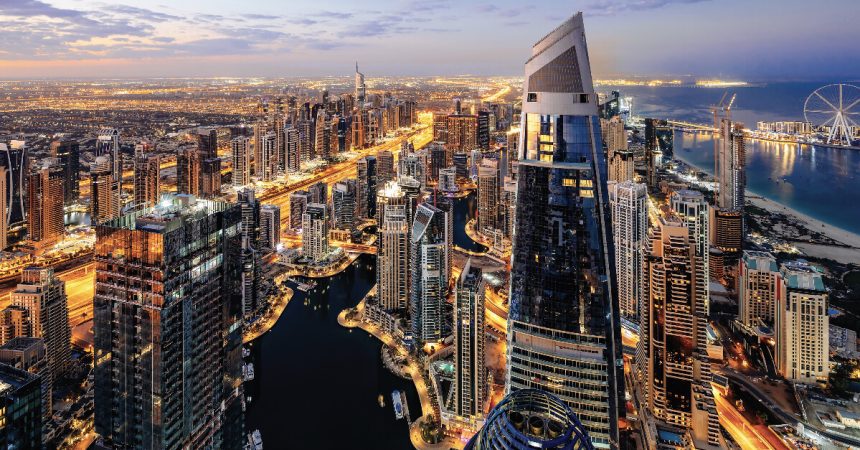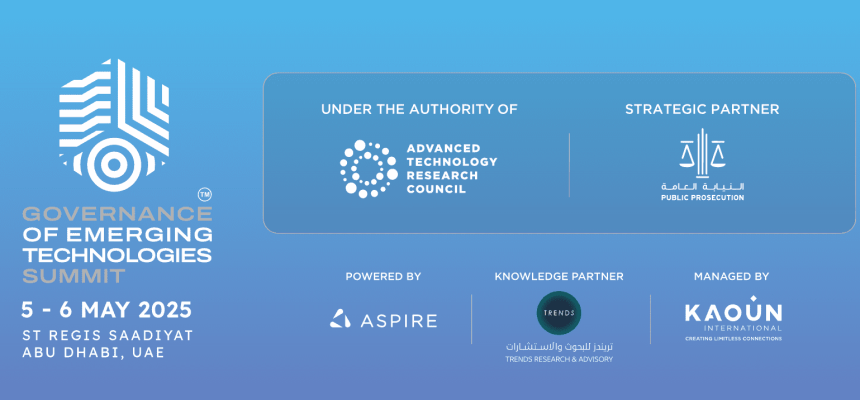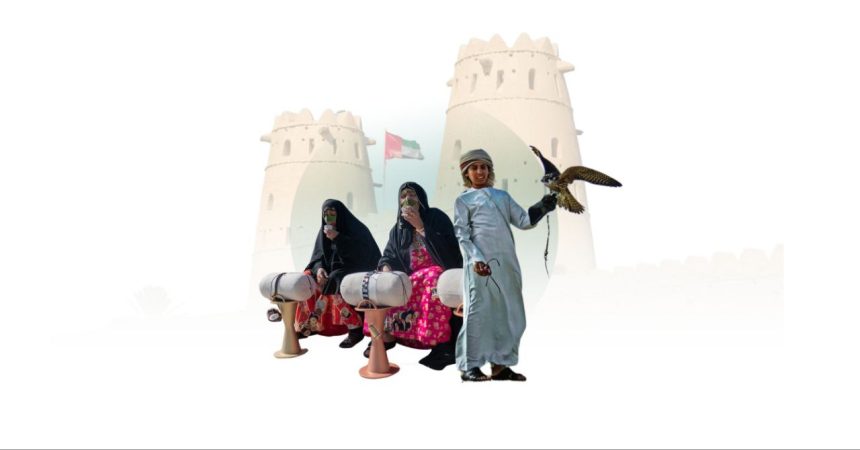Through the preservation of its intangible cultural heritage, the UAE is striking a balance between progress and tradition.
Ensuring that future generations remain connected to their history, values, and national identity.
The UAE is one of the most modern and fast-developing countries in the world.
Known for its towering skyscrapers, cutting-edge technology, and globalized economy.
Yet beneath this modern exterior lies a rich and deeply rooted cultural identity.
Let’s explore the Emirati cultural identity together !
What is the Intangible Cultural Heritage?
Intangible Cultural Heritage (ICH) refers to living traditions, expressions, and knowledge passed down from generation to generation.
Unlike monuments or artifacts, it includes elements such as:
- Oral traditions and storytelling
- Performing arts (music, dance, poetry)
- Social practices, rituals, and festive events
- Traditional craftsmanship
- Culinary traditions and local knowledge of nature
ICH is central to a community’s sense of identity and continuity, especially in rapidly changing societies like the UAE.

Examples of Intangible Cultural Heritage in the UAE
1. Al-Ayyala (Traditional Dance)
Recognized by UNESCO, Al-Ayyala is a traditional Emirati group dance.
This dance is performed during national celebrations, weddings, and festivals.
It symbolizes unity, strength, and shared heritage, featuring synchronized drumming and rhythmic movement.
2. Oral Poetry (Al Nabati)
Nabati poetry is a centuries-old form of oral literature that reflects the wisdom, humor, and philosophy of the Emirati people.
It continues to influence contemporary Emirati literature and is often featured in cultural festivals and TV programs.
3. Falconry
An integral part of Bedouin culture, falconry is both a sport and a symbol of endurance, patience, and the bond between humans and nature.
The UAE has played a leading role in promoting falconry globally and preserving its ethical and cultural value.
4. Traditional Crafts
The art of weaving palm fronds (known as Saf) and creating textiles, baskets, and fishing nets is still practiced today.
As part of the country’s efforts to maintain these skills, handicrafts like Al Sadu weaving are showcased in cultural villages and markets.
5. Traditional Cuisine
Dishes such as Harees, Majboos, and Luqaimat are more than just food—they tell stories of community, trade, and resourcefulness in the desert.
As the UAE preserves culinary heritage through festivals, cooking classes, and intergenerational sharing.
UAE Government Efforts to Safeguard Cultural Heritage
The UAE has launched several initiatives to preserve and promote its intangible cultural heritage:
- Ministry of Culture and Youth and Department of Culture and Tourism have implemented national inventories and documentation projects.
- The UAE has successfully registered multiple cultural elements on UNESCO’s Intangible Cultural Heritage Lists.
- Cultural Festivals: Events like Qasr Al Hosn Festival, Sharjah Heritage Days, and Liwa Date Festival showcase traditional music, crafts, and food.
- Schools are integrating heritage studies into their curriculum to keep young Emiratis connected to their roots.

The Role of Technology and Innovation
Modern tools like virtual museums, digital archives, and social media platforms are documenting and sharing intangible cultural elements with global audiences.
The use of AI to digitize oral stories and VR to recreate cultural experiences reflects how technology can aid cultural preservation without replacing authenticity.
Challenges in Preserving Intangible Heritage in the UAE:
While efforts are robust, the UAE faces several challenges:
- Urbanization and Modern Lifestyles: Younger generations may prioritize global culture over local traditions.
- Loss of Practitioners: As elders pass away, oral traditions and craft techniques risk disappearing unless actively transmitted.
- Commercialization Risks: Turning heritage into tourism products must be carefully managed.
In order to preserve meaning and authenticity.
The UAE commitment to preserving its intangible cultural heritage is a powerful statement of identity in a rapidly evolving world.
By honoring oral traditions, traditional crafts, music, and more, the nation ensures that progress does not come at the cost of memory.
With continued investment, innovation, and community involvement, the UAE is building a future where tradition and modernity thrive side by side.





